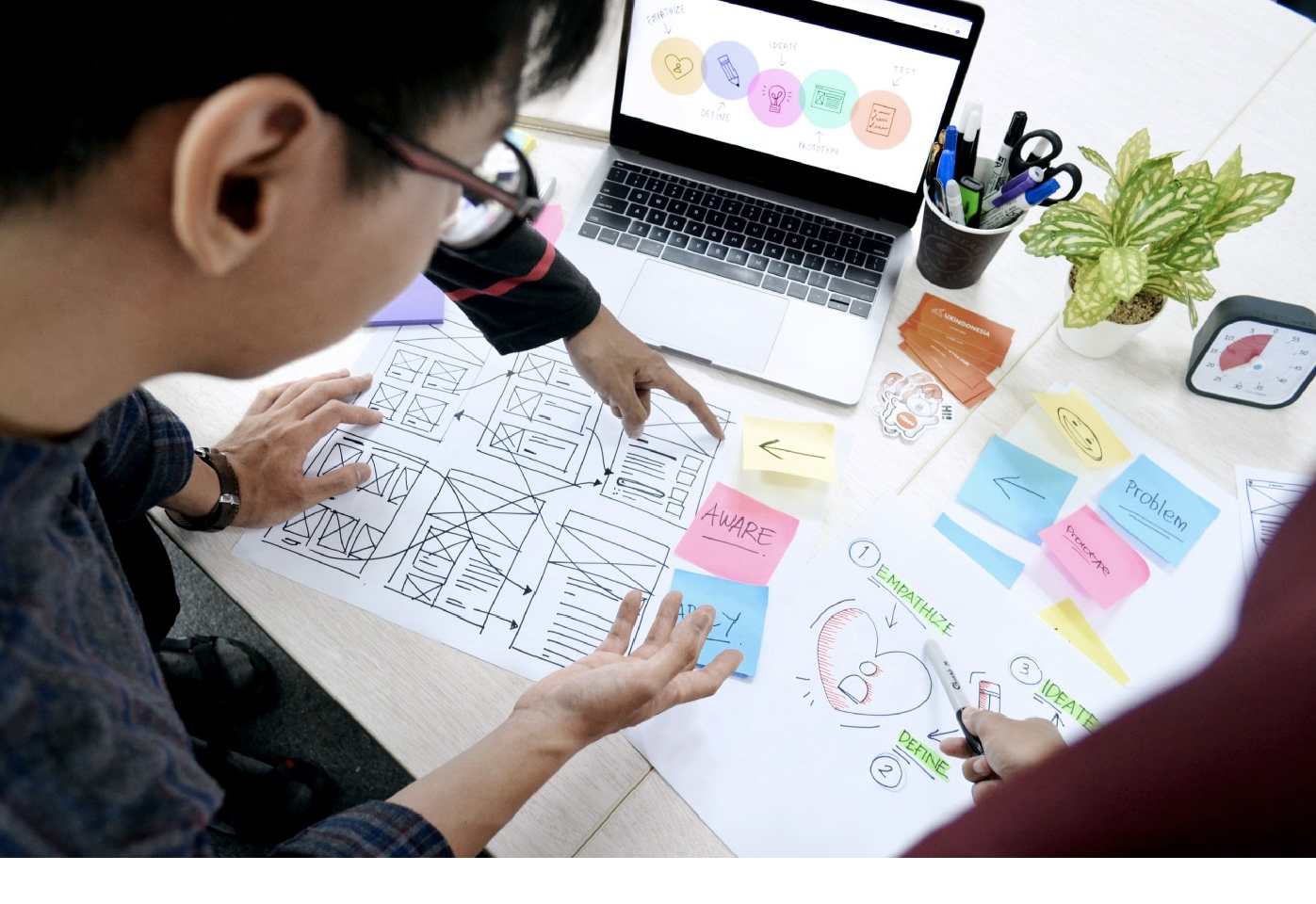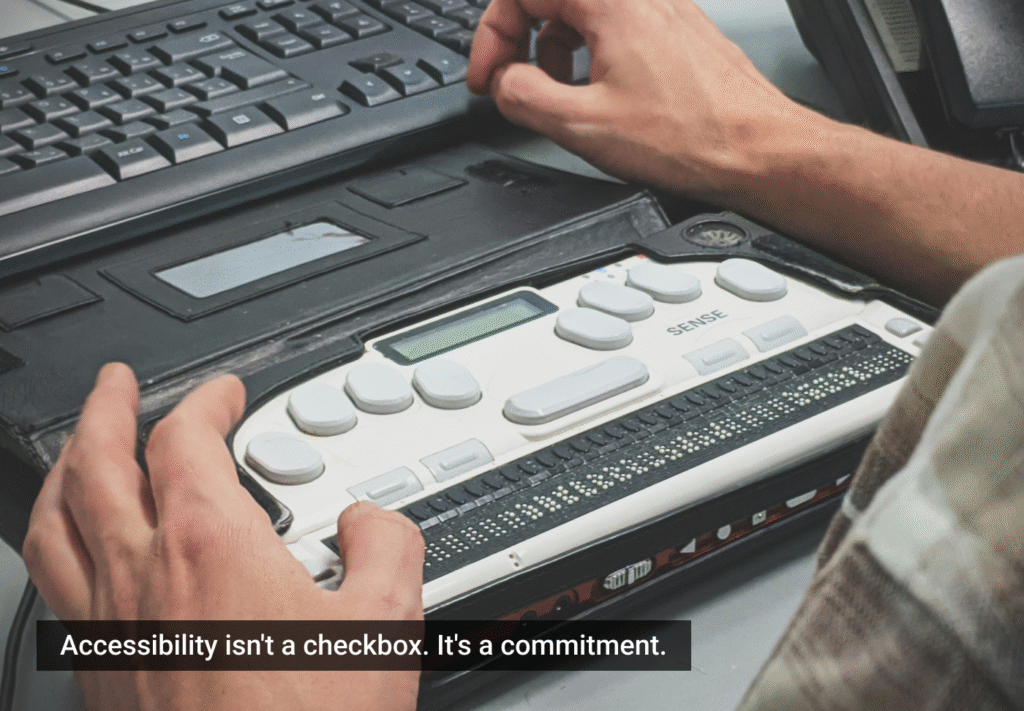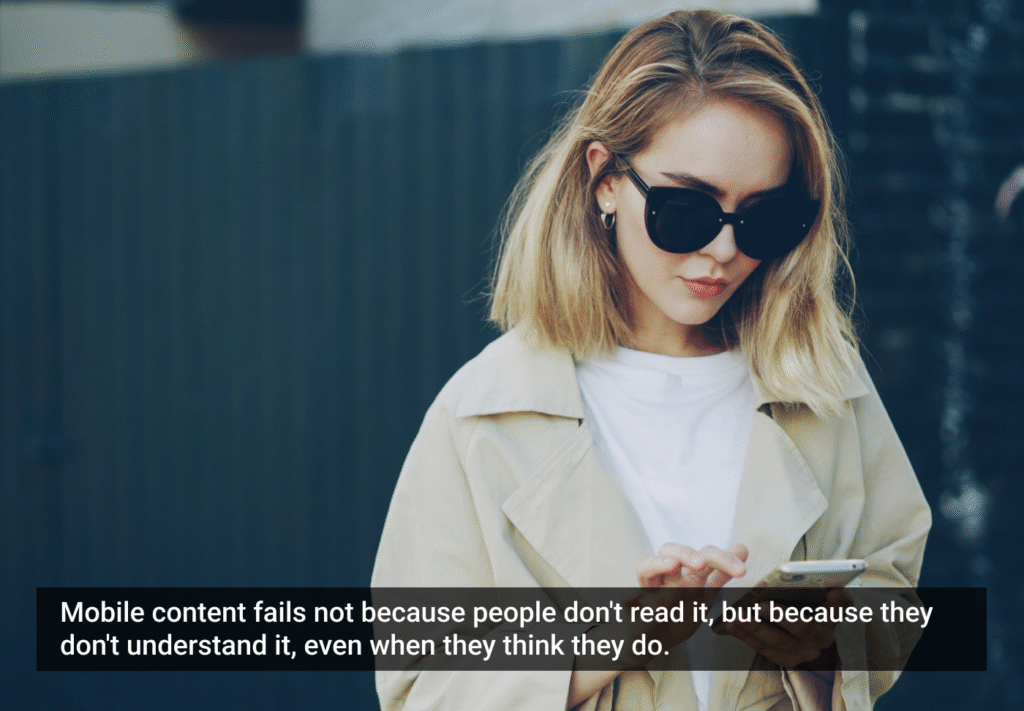Save

While I’m sort of new to UX, I’m not new to being human.
Don Norman coined the term “user experience” in the 90s, although the term “UX” predates its name by a few decades. Norman also stresses the importance of wording and says we should focus on our goal of helping people. Humans. Not users.
I am one of the (many? few?) people who feel the overall quality of user experience—on the web, as part of a product, or otherwise—is considerably less than what it should be.
In product design, the U-word is integral in defining the relationship between humans and technology. On one side, we have the u…..ser. On the other side, we have tech. Seems pretty straightforward, right?
Wrong.
Labelling humans as something as simple as a “user” reduces human beings with complex thoughts, behaviours and actions to single heads interacting with a product. You’re more than that, don’t you think?
You’re more than just a person using a product. You’re a human being facing challenges, thinking thoughts, doing good in the world. Maybe you’re a doctor or nurse by profession, or a chef extraordinaire. Or maybe you’re a stay-at-home mother looking after three children who likes to drink a glass of red wine after 7 p.m., or maybe you’re a student working three jobs to put yourself through university. However you choose to identify, you are more than what this industry reduces you to.
Calling humans “users” is not only unethical and outdated, but it seriously limits the ability for a designer to think outside the box. It limits a designer’s potential to innovate, as we’re supposed to design for dynamic audiences, not a single being that precisely follows a set of instructions.
In design, our “humans”, “people”, “audience” or “community”—for the sake of not reducing them to “users”—hold a lot of power. And why wouldn’t they? If they didn’t, what would be the point in designing whatever we’re designing? We care about our people. The humans interacting with our solution. The humans whose problems we care about solving.
And yet, we continue reduce these people to “users” so we can create “user stories” and do our work as “user experience designers”.
The word “user” has always had other connotations associated with it. The obvious example is the term “drug user”. Calling a person a drug user instead of calling them a person with a drug problem implies that they hold much of the responsibility of their dependency. This suggests their drug use is an act of independence—that it’s an act in the person’s control—when in fact that is not the case. Drug dependencies are oftentimes a result of socioeconomic or mental health circumstances.
Simply referring to a person as a “user” eliminates the aspects of one’s every day life. It undermines the importance of understanding how these intersections create unique needs, experiences and perceptions. As designers, we know that not everybody has identical needs, which is why understanding who we’re designing for and why we’re designing for them is a crucial step in the process.
So what should we call them, then?
I don’t know. I don’t have an alternative to offer. But what I do know is that the term “user” does not reflect the value I hold for being human, the value I hold for the people I’m helping, or my design process.
With so many job titles in this industry, and new ones popping up here and there, it shouldn’t be too long until another name enters the spotlight. Until that happens, I guess U-words get the job done… But that doesn’t mean I like them.
Do you like U-words? What alternatives to “user” can you think of?
Allie is a Visual & User Experience Designer at IBM. She is passionate about helping businesses transform their corner of the ’net through holistic and intuitive human-centered design.







